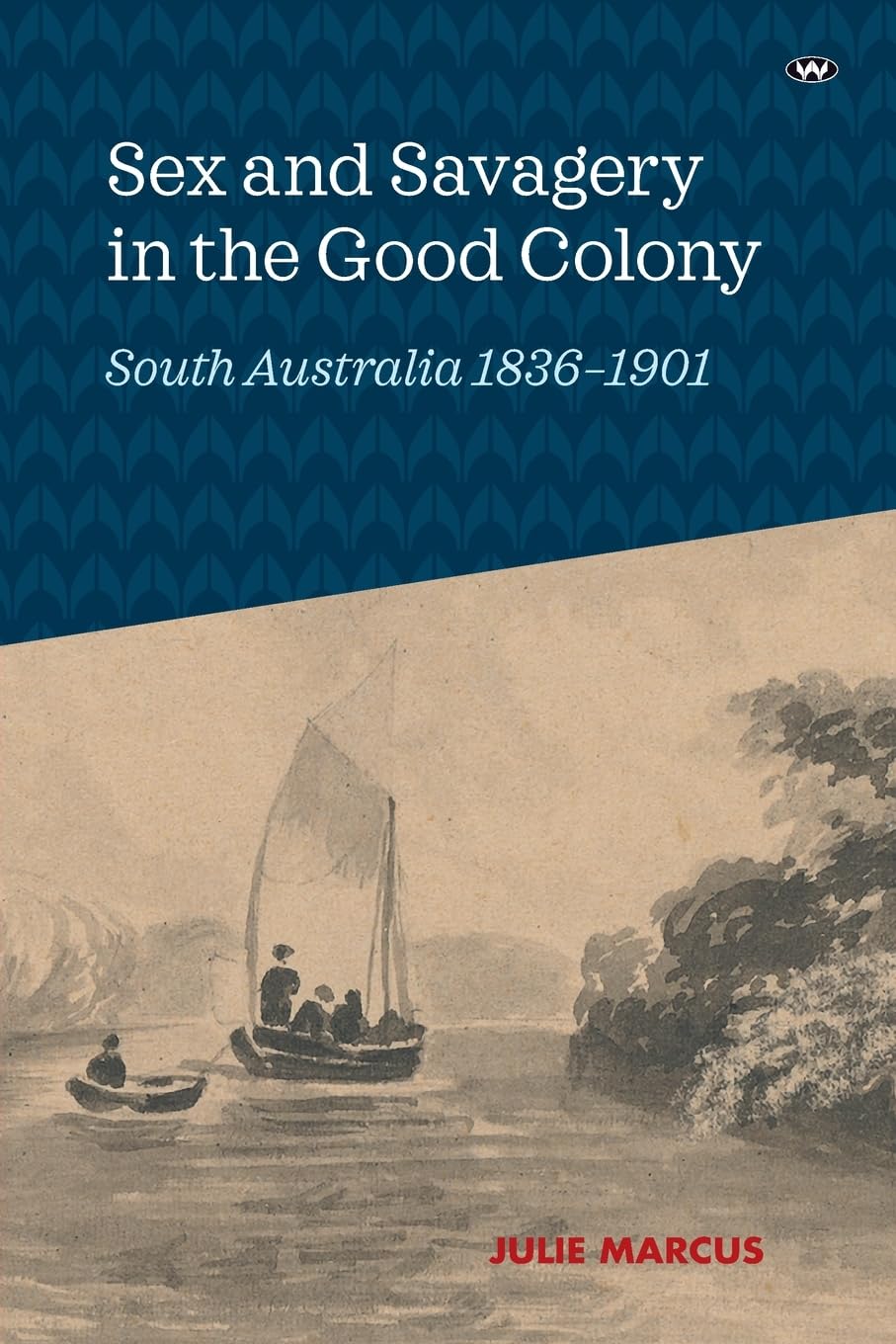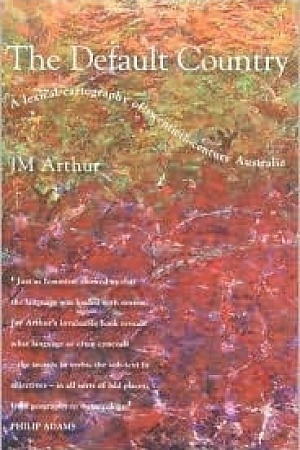Australia's Language Potential
UNSW Press, $39.95 pb, 208 pp, 0868407275
Monolinguists and xenophobes
If anyone is qualified to speak authoritatively on the nature and role of community languages in Australia, it is Michael Clyne, who has spent much of his academic career researching these languages. His latest book is firmly rooted in research, but it differs from some of his earlier work in that it is clearly directed at the widest possible audience. It is a wake-up call, exploring the relationships between monoculturalism and multiculturalism and monolingualism and multilingualism in present-day Australian society; and showing how the present situation can be explained in part by Australia’s history, and in part by contemporary local and global pressures.
The book begins and ends with a reference to the case of Cornelia Rau, the bilingual, German-born, mentally ill Australian who was imprisoned first in a women’s jail in Brisbane and then in Baxter Detention Centre. The fact that Rau spoke German (‘a foreign language’) seemed to add weight to the case that she deserved to be excluded from Australia, in spite of the fact that German has been spoken in Australia as a ‘community language’ since the mid-nineteenth century. Clyne sees the monolingual mindset that was unable to understand what was going on in this case as a throwback to the days when non-whites and undesirable whites were excluded from Australia by being given a dictation test in a language such as Gaelic. It betrays a fundamental misunderstanding or denial of the multilingualism that has always been part of Australian society.
Continue reading for only $10 per month. Subscribe and gain full access to Australian Book Review. Already a subscriber? Sign in. If you need assistance, feel free to contact us.











Leave a comment
If you are an ABR subscriber, you will need to sign in to post a comment.
If you have forgotten your sign in details, or if you receive an error message when trying to submit your comment, please email your comment (and the name of the article to which it relates) to ABR Comments. We will review your comment and, subject to approval, we will post it under your name.
Please note that all comments must be approved by ABR and comply with our Terms & Conditions.